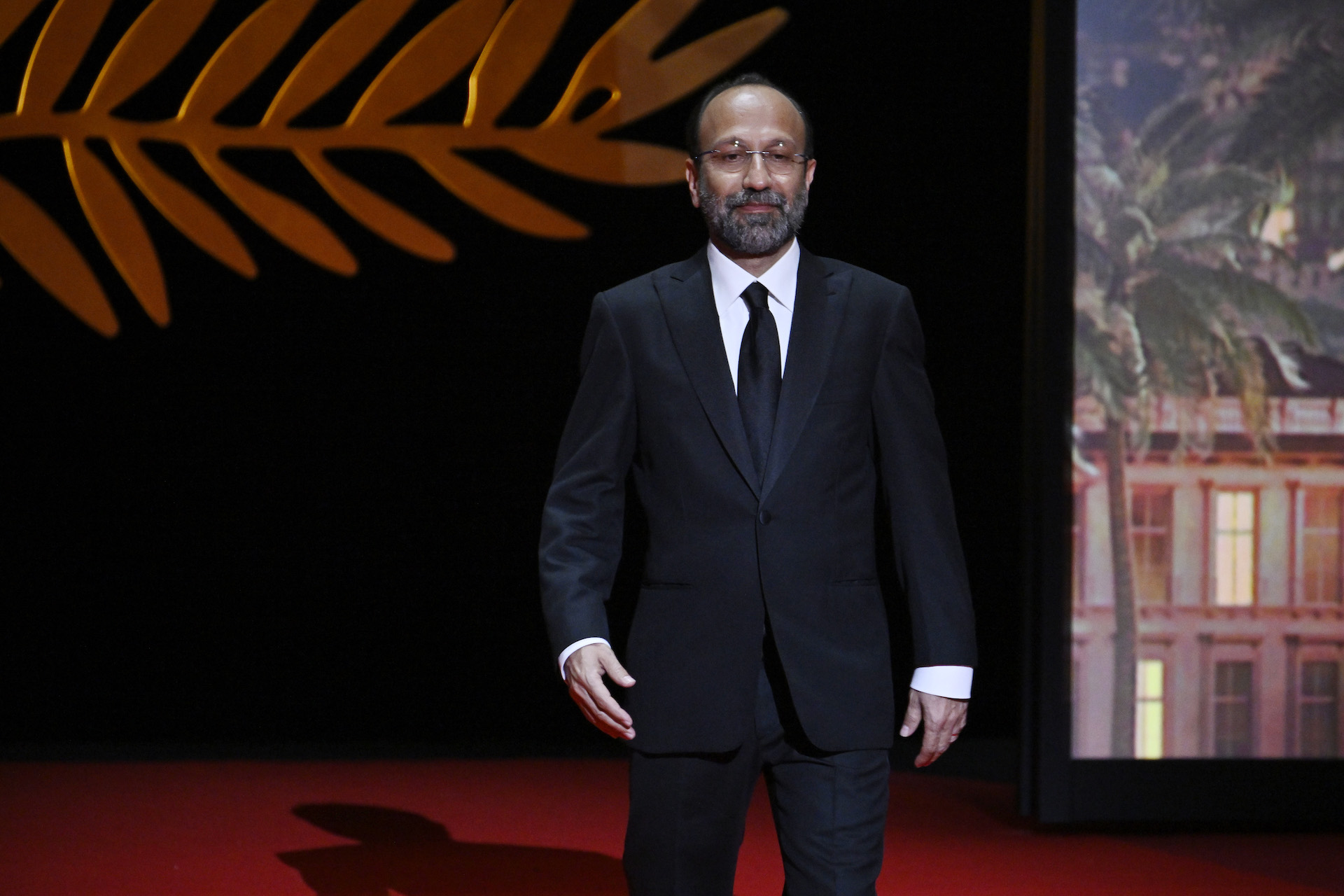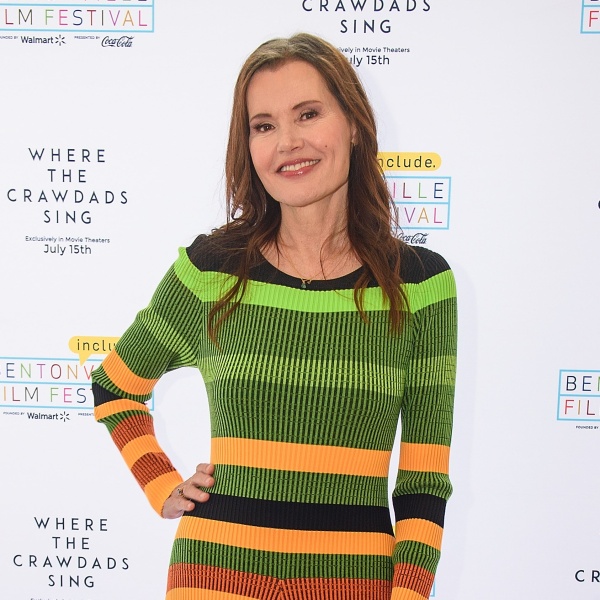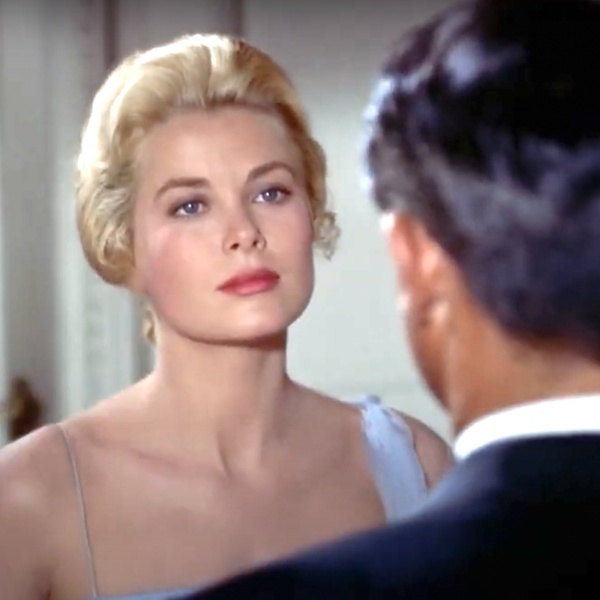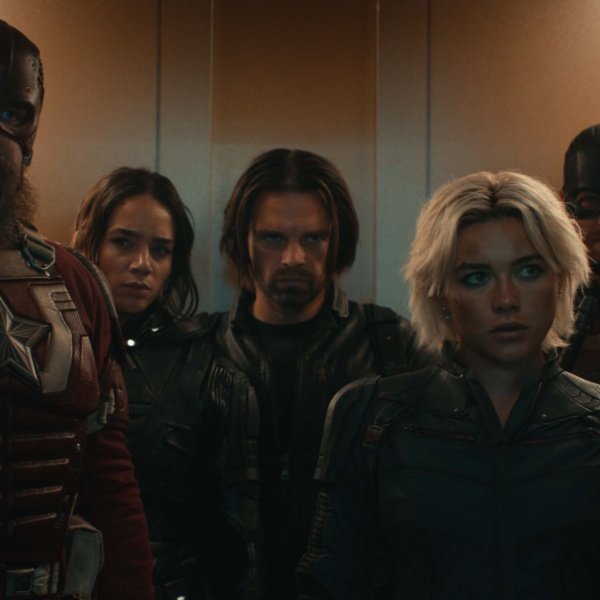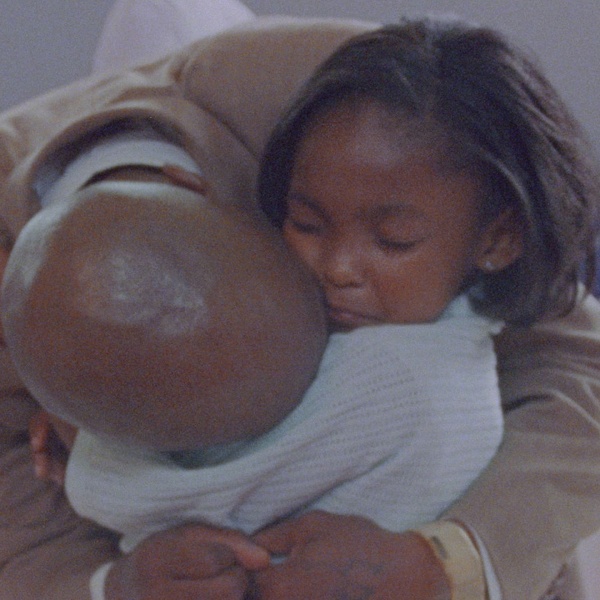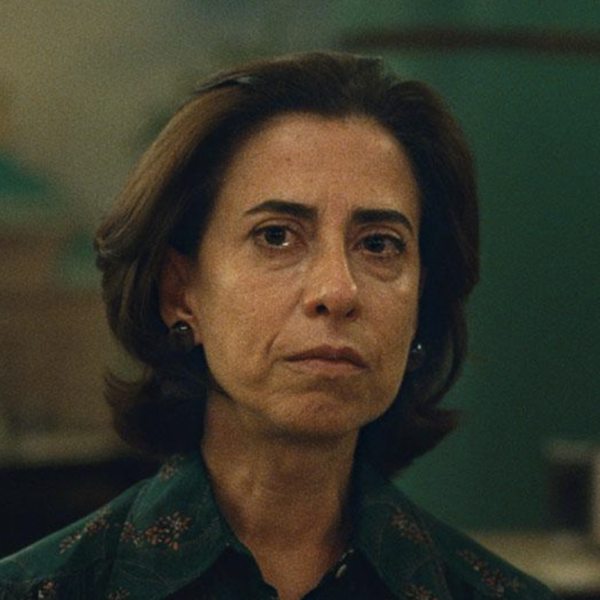An Iranian court has cleared two-time Oscar-winning filmmaker Asghar Farhadi of plagiarism charges lodged against him regarding his 2021 film “A Hero,” which won the Grand Prix at the Cannes Film Festival that year. The legal case had been ongoing for two years.
One of Farhadi’s former students, Azadeh Masihzadeh, claimed that the director based his film off a documentary she’d made in one of his Tehran-based filmmaking workshops in 2014. Both her documentary and Farhadi’s narrative feature were inspired by a real-life incident in 2011 in which a man in Iran on furlough from a debtors’ prison found a bag of gold coins and returned them to their owner rather than keeping them for himself.
Three professors who are intellectual property rights experts at the University of Tehran apparently gave testimony devastating to the plaintiff’s case, arguing that current events such as the 2011 incident are public property and fair game for multiple interpretations: Just because Masihzadeh made her documentary first, and that Farhadi was aware of it, did not mean she had a unique claim to the material. As for whether “A Hero” bore similarity to the particular form of the documentary, the court also watched several versions of Masihzadeh’s documentary and dozens of hours of footage of Farhadi leading his workshop.
The ruling comes as Farhadi isn’t even in Iran, having left the country to work on a current project in Los Angeles. The case’s procession through the Iranian courts was difficult for many Western journalists to follow given the unique peculiarities of the Iranian judicial system: The nation is a theocracy and even its courts are overseen by religious officials.
That resulted in some confusing pivots over the past two years, including an initial ruling against Farhadi that brought the case to a formal trial that suggested he was already receiving a form of sentence. Lurid allegations followed that Masihzadeh would receive lashes as punishment if Farhadi was in fact cleared. (That is untrue, as Farhadi has not countersued for defamation, and such a penalty is almost always avoided by paying a fine.)
Iranian journalist Mansour Jahani tells IndieWire that, after the ruling, Farhadi indeed has not countersued Masihzadeh. The journalist added, “Mr. Farhadi is a popular director in Iran and I don’t think he will complain about his former student.” That said, the legal proceedings here might not be entirely resolved if Masihzadeh lodges a formal objection to the court’s ruling, the equivalent of an appeal in the U.S.
IndieWire’s Anne Thompson covered a press conference Farhadi attended in the middle of the case back in May 2022 when he was serving on the jury of the Cannes Film Festival (the year’s previous winners are often brought back to judge the next year’s crop of films).
“Incorrect information has been corrected,” Farhadi said during the conference. “What is in the film ‘A Hero’ is different. You have to see why certain journalists spread misinformation. What I did in ‘A Hero’ is not related to that workshop; it is based on a current event two years prior. ‘A Hero’ is one interpretation of the event. The documentary is another approach, they are not the same at all.”
